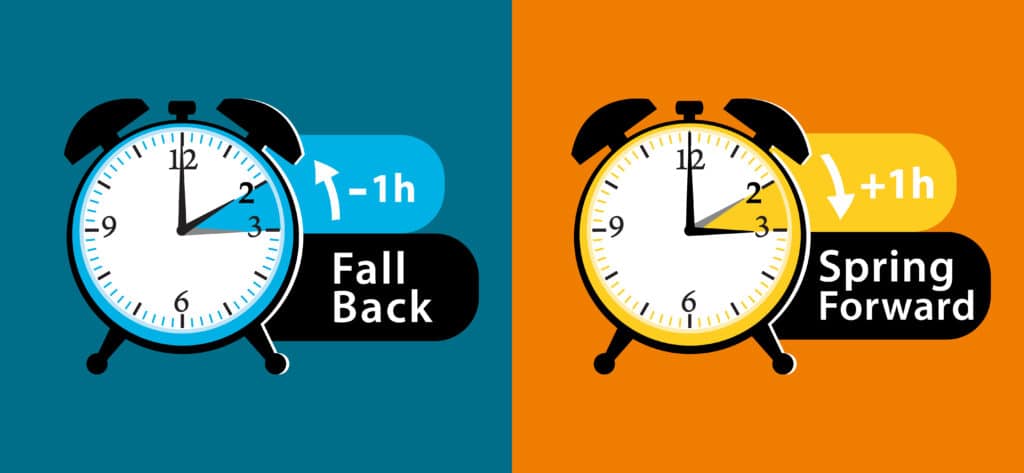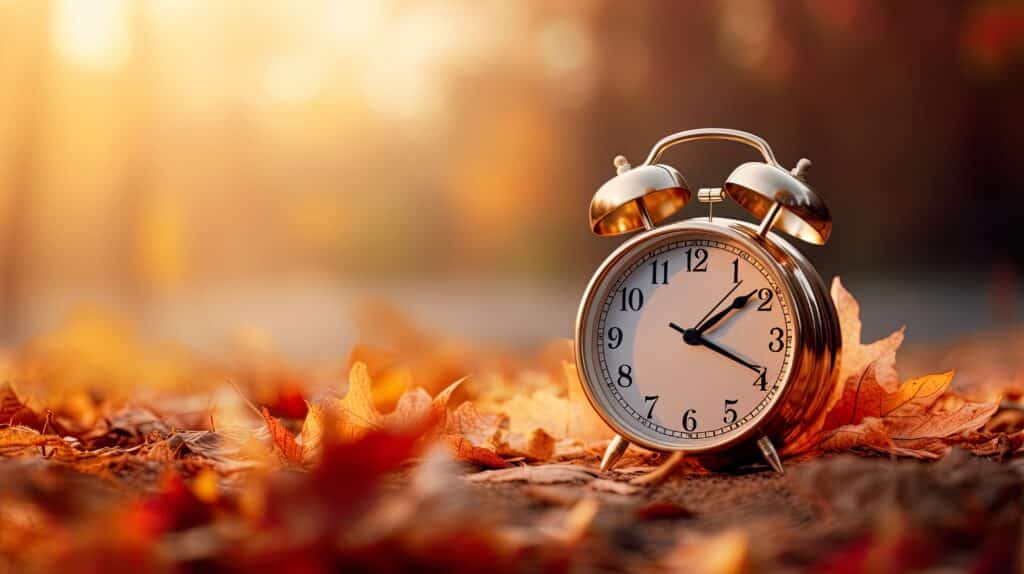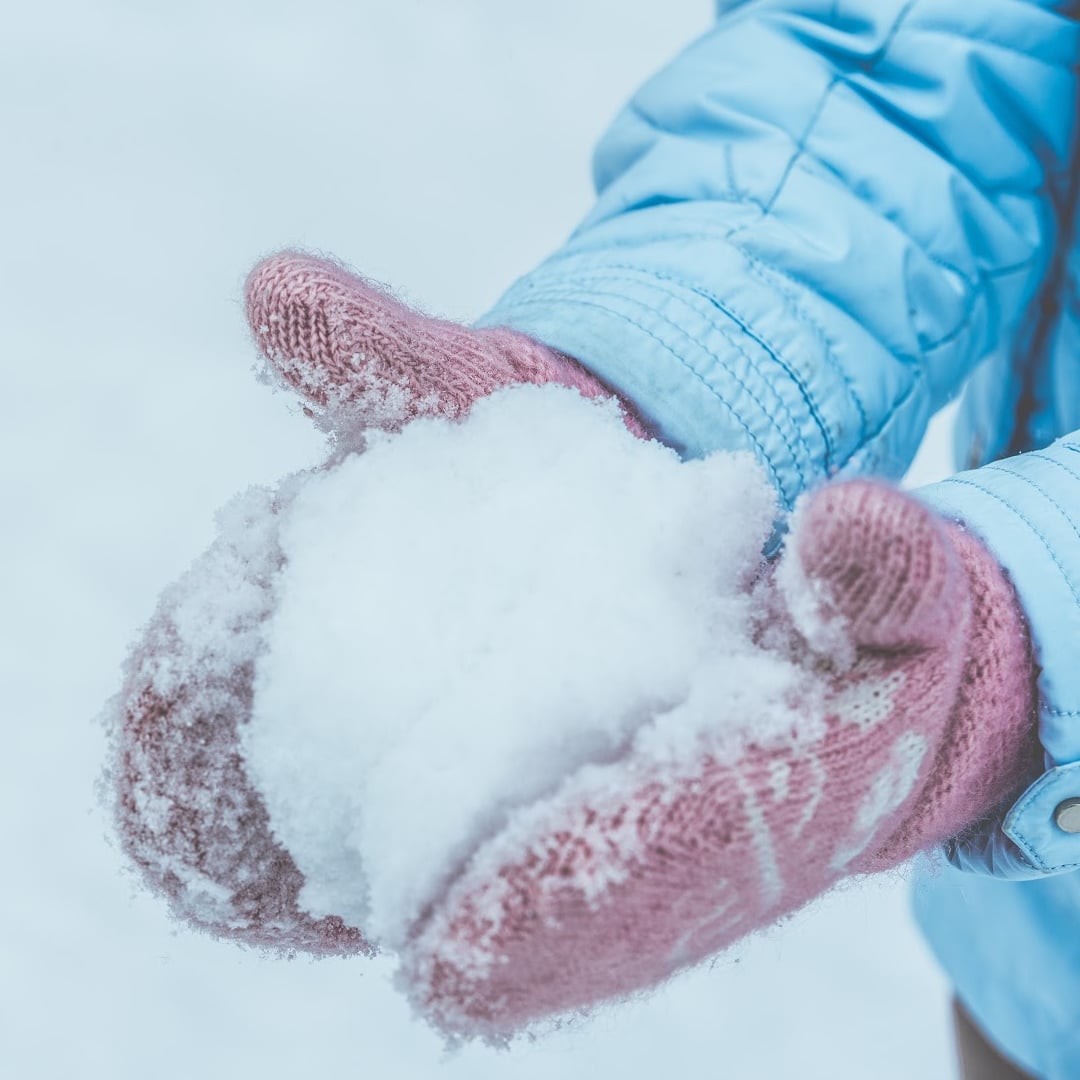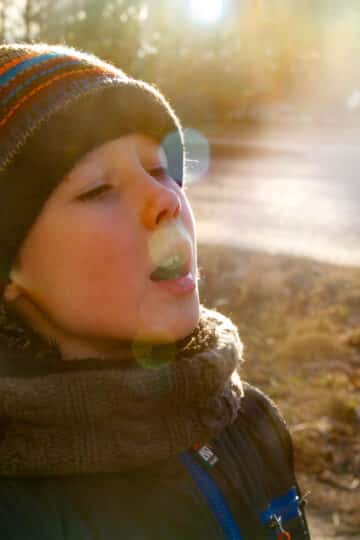Have you ever wondered why the clocks go back? It's always nice to get a lie in when the clocks turn backwards, but not so good when they go the other way.
Daylight Saving Time was first used in the UK in 1916. It basically borrows an hour of light from the morning and moves it to the evening, so the light isn't wasted while people sleep. It's also thought to save energy, as people are less likely to use heating and lighting when there is natural light outdoors.
Clocks fall back in fall and spring forward in spring!

History of Daylight Saving Time
In 1907, William Willett, a British builder, wrote about the waste of daylight and campaigned to get Britain to change the clocks, but he sadly died of flu before DST was established.
In 1961, the German Army turned the clocks forward to conserve energy, and many European governments followed suit.
When do the clocks go back in 2024?
In the UK, the clocks go back by one hour at 2 am on the 27th of October. The time always moves back by one hour on the last Sunday in October and then forward on the last Sunday in March.
What is Daylight Saving Time?
Daylight Saving Time ( DST ) is the time in the summer months between the end of March and the end of October.
In the UK, Daylight Saving Time is known as British Summer Time ( BST ).
Do all countries use Daylight Saving time?
Not all regions observe DST, and the start and end dates can also vary.

Related activities
Read about the summer solstice.
Make a simple sundial.
References
https://en.wikipedia.org/wiki/William_Willett
Last Updated on October 8, 2024 by Emma Vanstone




Leave a Reply